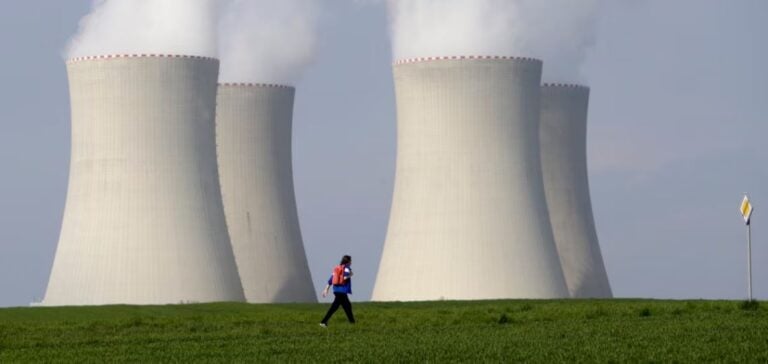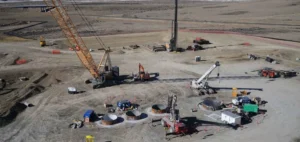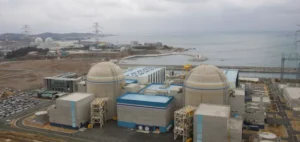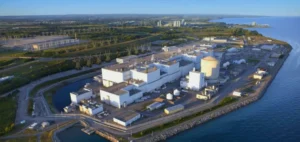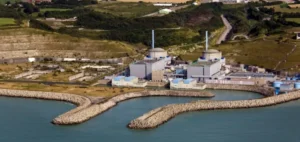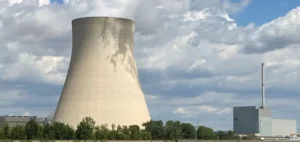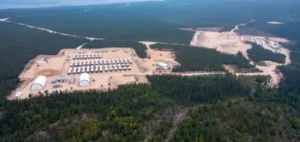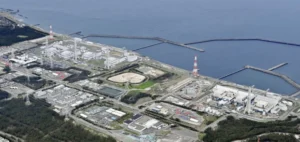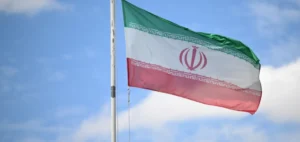Serbia has made a historic decision by lifting a moratorium on civil nuclear energy established in 1989, three years after the Chernobyl disaster. This measure was adopted by the Serbian Parliament as part of amendments to energy legislation approved on Wednesday. The Minister of Mining and Energy, Dubravka Dedovic Handanovic, described this initiative as a “very important day for energy in the Republic of Serbia.”
The lifting of this moratorium opens unprecedented prospects for the country, which currently relies on its natural resources, particularly coal, for nearly 70% of its electricity production. While this abundance of coal is an economic advantage, it has severe environmental and health consequences. Every winter, Belgrade, the capital, ranks among the most polluted cities in the world. In 2021, approximately 15,000 deaths linked to pollution were recorded, according to the European Environment Agency.
An EU Commitment and Response to Climate Challenges
This decision comes amid international commitments. Serbia, a candidate for European Union membership, has pledged to abandon coal by 2050. To achieve this goal, the government has been exploring alternative energy sources for several years, with nuclear power leading the options under consideration.
Last August, a significant milestone was reached with the signing of a declaration of intent between Serbia and France to cooperate in the field of nuclear energy. This agreement was seen as progress towards energy diversification and a signal of openness to European technologies in this sector.
A Public Debate with Multiple Stakes
The lifting of the moratorium follows a national consultation process led by Ms. Dedovic Handanovic. This process addressed the legislative and technical issues needed to adapt the regulatory framework for this transition.
However, this decision raises questions among experts and the population. While nuclear energy represents a viable alternative for reducing carbon emissions, concerns remain about radioactive waste management and the safety of installations. Serbian authorities will need to reassure a public still influenced by past nuclear disasters.
Prospects for the Economy and Environment
The energy transition towards nuclear power could profoundly transform the country’s economic and environmental landscape. Beyond significantly reducing greenhouse gas emissions, it could attract foreign investments and create jobs in highly skilled sectors.
However, the road to this transition remains challenging. Funding infrastructure, acquiring suitable technologies, and training qualified personnel will be major hurdles to overcome in the coming years.


